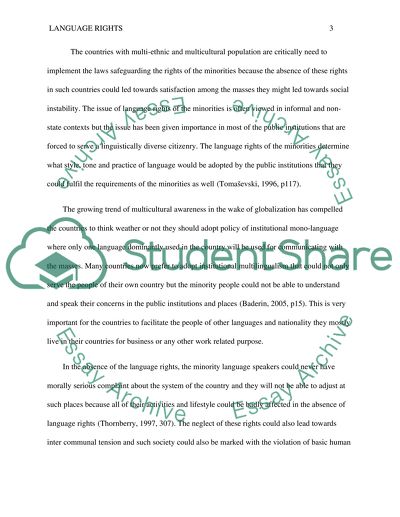Cite this document
(“Impact of Language Rights (of minorities) in the Field of Education Essay”, n.d.)
Retrieved from https://studentshare.org/environmental-studies/1417889-impact-of-language-rights-of-minorities-in-the
Retrieved from https://studentshare.org/environmental-studies/1417889-impact-of-language-rights-of-minorities-in-the
(Impact of Language Rights (of Minorities) in the Field of Education Essay)
https://studentshare.org/environmental-studies/1417889-impact-of-language-rights-of-minorities-in-the.
https://studentshare.org/environmental-studies/1417889-impact-of-language-rights-of-minorities-in-the.
“Impact of Language Rights (of Minorities) in the Field of Education Essay”, n.d. https://studentshare.org/environmental-studies/1417889-impact-of-language-rights-of-minorities-in-the.


